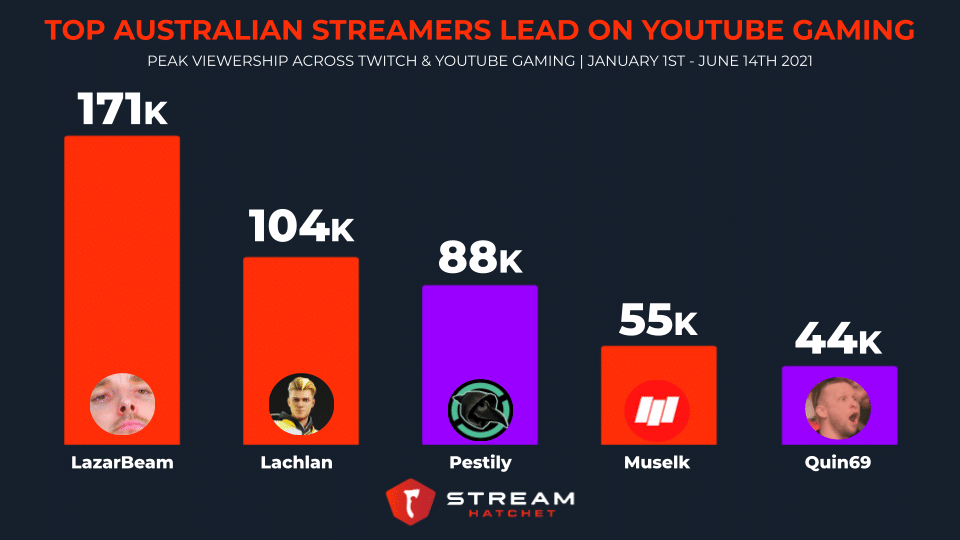Over the course of this semester I have been privy to stories from my peers about their experiences and journeys as a UOW student. Being able to study the interviewer and interviewee as an outsider witness has offered certain perspectives that may not have occurred if I had been an active participant in the conversation. One such example was between two classmates that were interviewing each other about their experiences as a UOW student. One classmate was detailing his journey as a Journalism/BCM student that grew up in America and moved to Australia in 2020, right in the middle of the Covid-19 pandemic.
He spoke about how he originally hated writing and English subjects in high school but was presented with an English teacher that encouraged his creativity and cultivated a new appreciation for writing. I was able to relate to this asd having a good teacher/mentor can easily change how we perceive different skills and industries, as a good teacher can turn a previously hated subject into one that suits individual skills, whereas a poor teacher can ruin any experience, no matter how much you previously enjoyed it.
The interviewer also sympathised with him and began telling his own story about wanting to do performance/acting in uni because he enjoyed i8t in highschool but eventually decided that he wanted to be job ready after completing a degree and transferred to a bachelor of communications and media majoring in marketing. The interviewer also talked about his travels to Mexico on exchange and being stuck in another country during the pandemic, just as the interviewee had when he returned to America in 2021.
I wasn’t able to relate to these experiences as I have never even been on a plane, let alone another country, however I found the interaction amusing as being an outsider witness I was only watching the conversation; not participating in it. This led to interesting discoveries about both the interviewer and interviewee, particularly in witnessing the similarities between two people from different countries.
As an outsider witness, I was able to write down more details of their individual stories, including some direct quotes. Some examples include the interviewee’s opinion on the difference between Australian universities and American colleges. According to him, American ‘frat parties’ are “fun as hell” and Australian and Americans have “different levels of maturity”, which was believed to be due to the fact that Australians are able to start drinking at 18, as opposed to America’s legal drinking age of 21.
When the interviewee discussed his brief return to America in 2021, he revealed that he moved back in with his parents for a month and “hated being treated as a child”. The interviewer also revealed that he had moved back in with his parents for a brief time and surmised that “once you move out, you can‘t move back” which he explained to mean that the relationship between parents and children has changed and once you chose to move back in and give up some of the previously obtained freedoms, you may decide that you no longer tolerate not having those freedoms.
After the interview I was able to provide my perspective on some of the things discussed, such as the fact I had moved back in with my parents after moving out and wasn’t as uncomfortable with the situation as they had described their experiences to be. I was also able to relate with wanting to be job ready after finishing a degree, however I was unable to relate to travelling overseas as I had never experienced it.
Being able to witness a story and share my perspective at the end allowed me to easily write down more details from the stories being told. From this I was able to write down direct quotes and provide insightful perspectives to specific details of the story, which allowed the interviewer and interviewee to gain an understanding of how an outsider witness ‘translated’ their stories into sections of details that stood out or where points of confusion occurred for further elaboration which lead to a more fleshed-out understanding of all party’s perspectives.


































You must be logged in to post a comment.